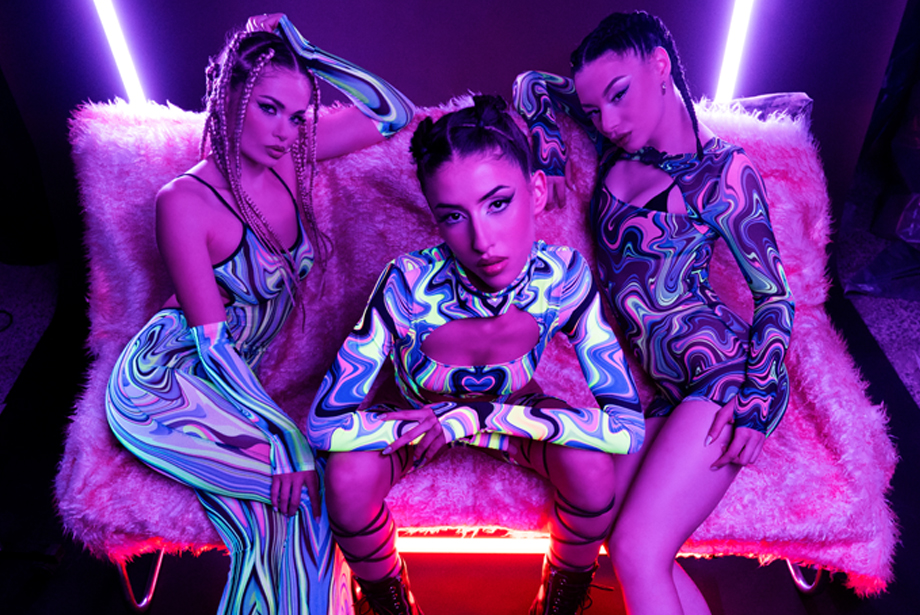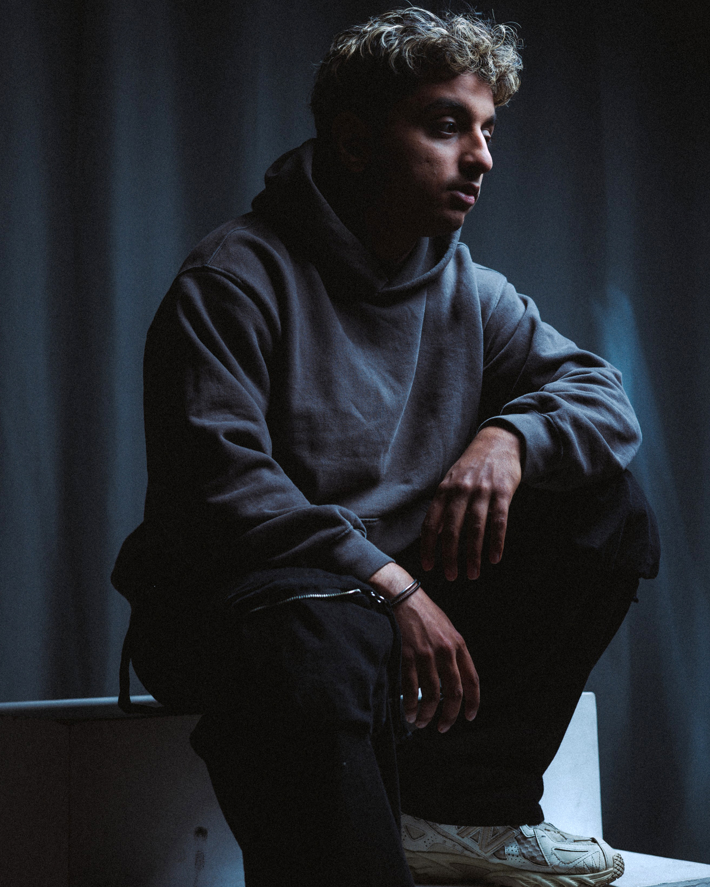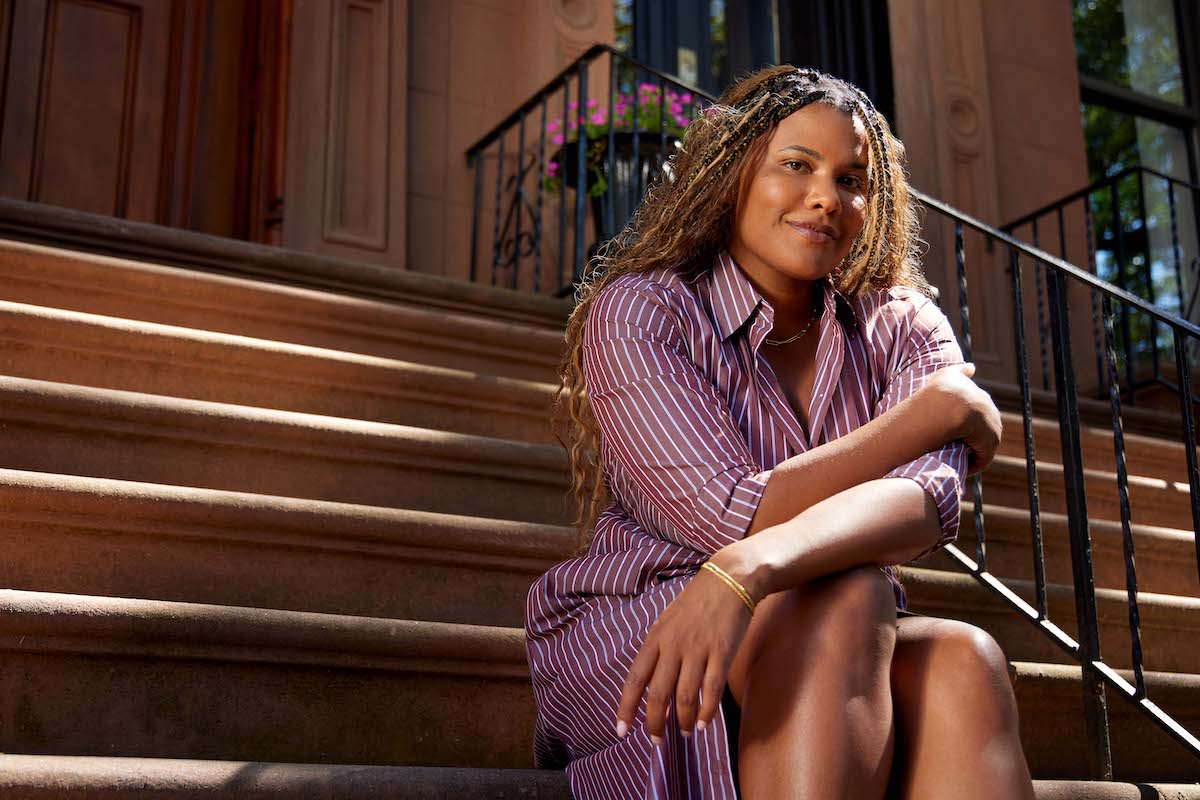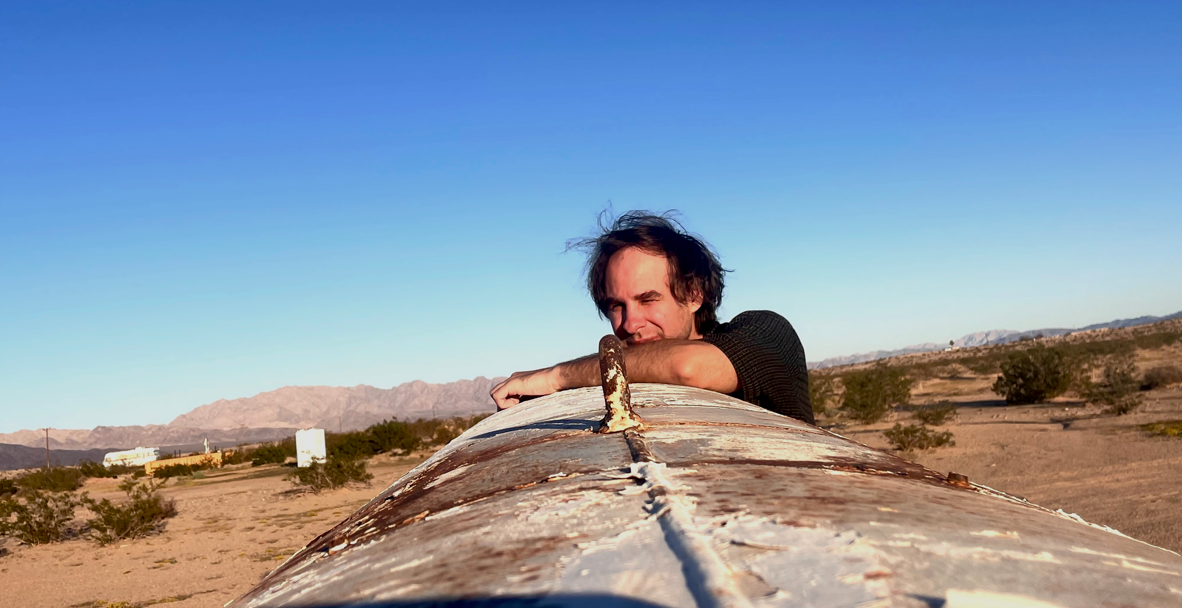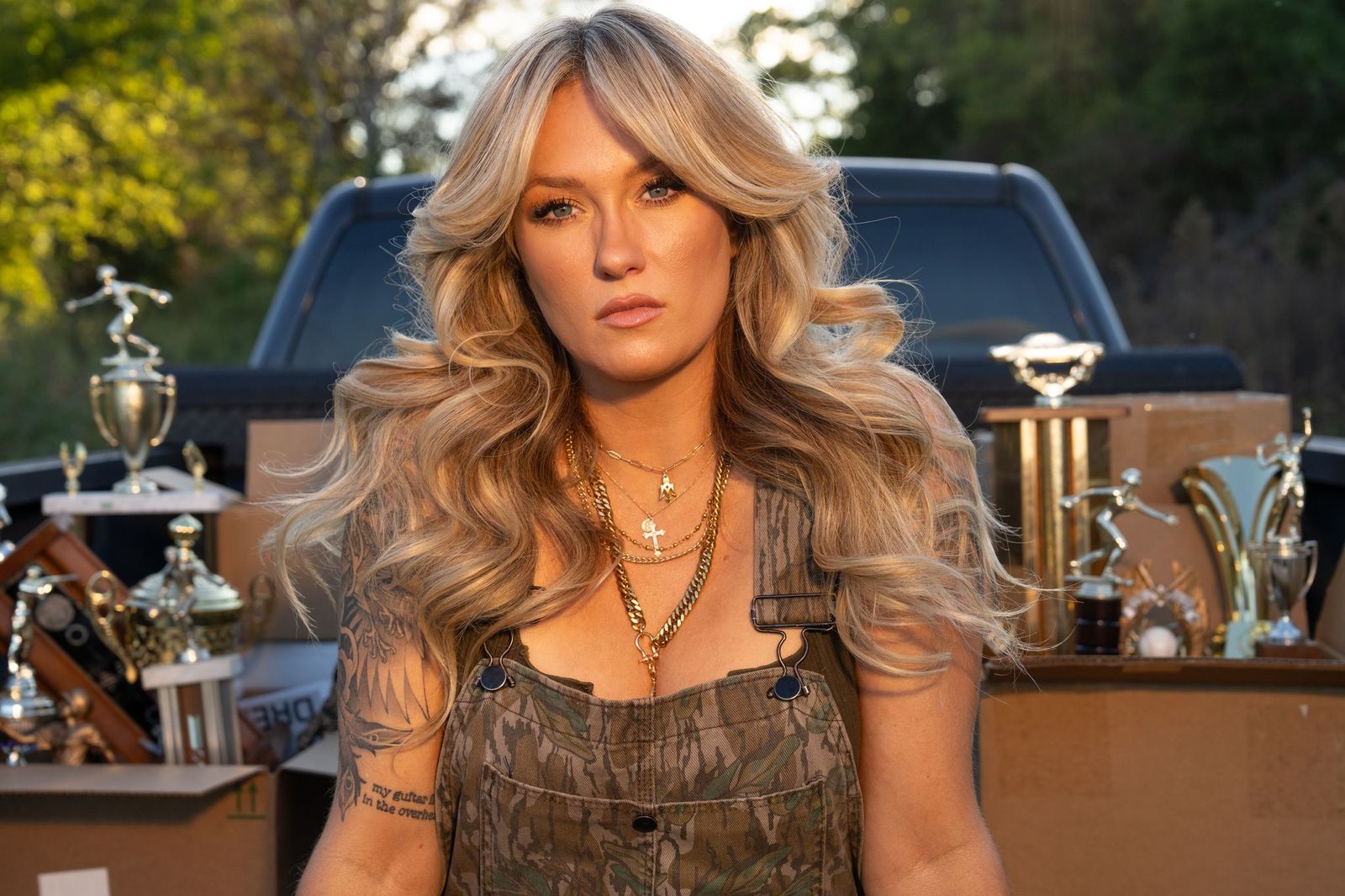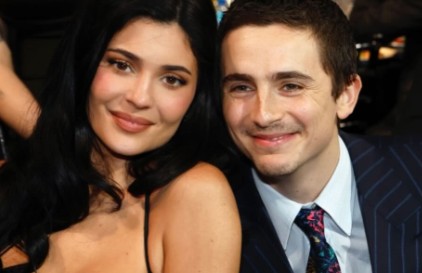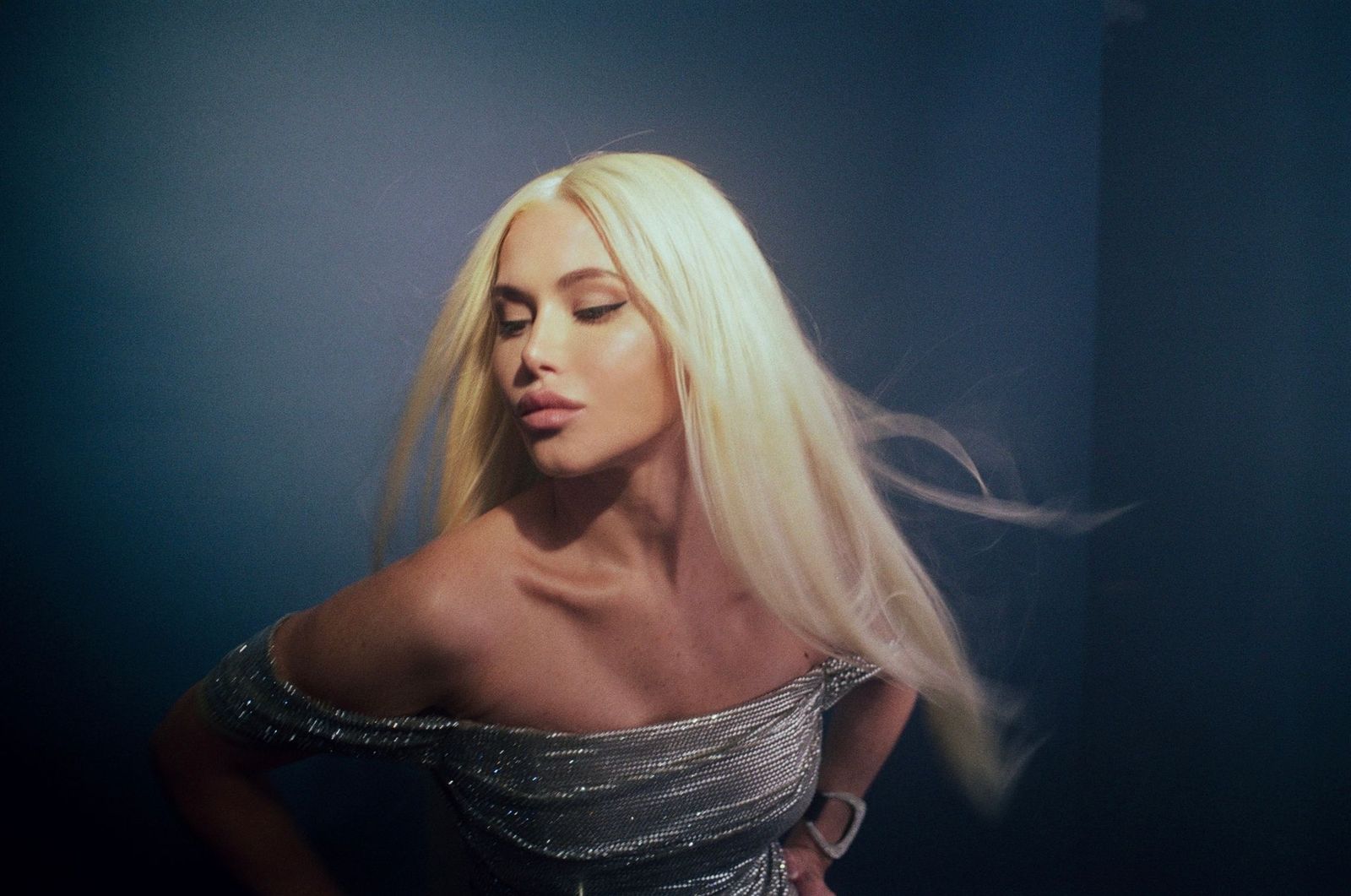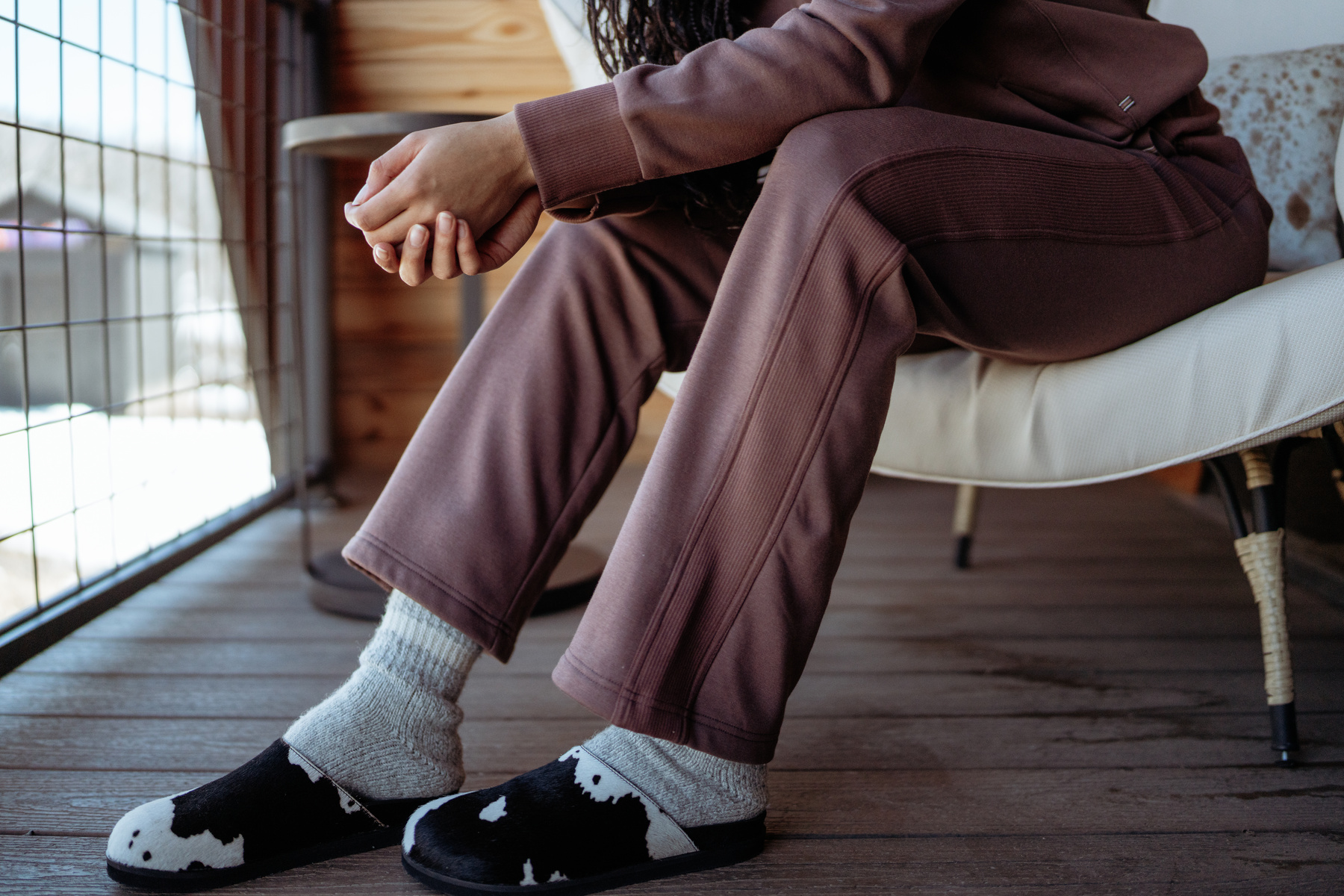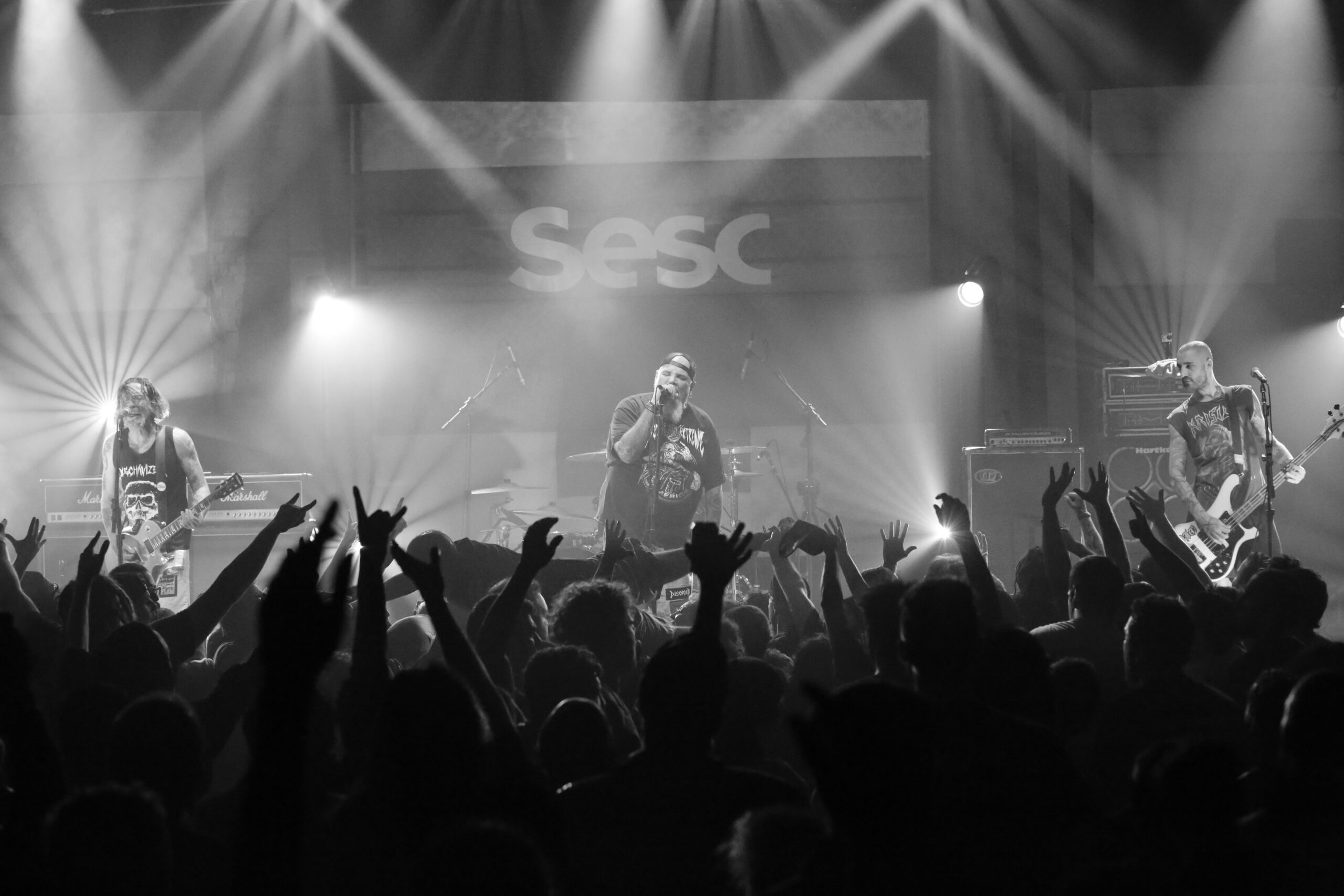
Punk Goes Crunk
By: Kristin Callahan/Shutterstock
It was fun to be a scene kid in 2008.
It kinda felt like music of all sorts was thriving nationwide. Bands like Say Anything and My Chemical Romance had been household names for a few years now; and Shinedown, Buckcherry, and Staind were all sharing radio time with Natasha Bedingfield and Lil Wayne. Anything seemed possible, and the Punk Goes… compilation series was a testament to that.
The Punk Goes Pop volumes have continued to enjoy cult-like success to this day. Attack Attack! covering Katy Perry? The Starting Line covering J-Lo? How could these musical enmeshments not provoke our curiosity? After all, A Day to Remember’s cover of Kelly Clarkson’s “Since You’ve Been Gone” practically propelled them into cross-over success.
But as Punk Goes gained momentum, the Fearless Record compilation series briefly over-extended its reach in 2008 with Pop Goes Crunk, its sole dedication to the sounds of “Crunk.” But to reflect back on this shudder-inducing album is to discover a laundry list of issues, the first and most prominent issue being that most of the covers on the album aren’t even Crunk music.
For those who don’t know, Crunk emerged in the early 1990s as a subgenre in southern hip-hop that borrowed from Miami Bass and relied on heavy use of synthesized instruments and a stripped-down, sparing use of 808s. The rappers themselves would often include call-and-response lyrics that were intended to rile up crowds. Three 6 Mafia, the Ying Yang Twins, and Lil Jon all propelled the subgenre to mainstream success, with songs like “Tear the Club Up” and “Get Low” changing the face of hip-hop forever.
Scary Kids Scaring Kids – Notorious Thugs (Punk Goes Crunk)www.youtube.com
It was clear that Fearless Records was unaware of this definitive history before they put this compilation together. The Maine covered Akon’s “I Wanna Love You,” All Time Low covered Rihanna’s “Umbrella,” and Person L covered The Roots. In fact, the only cover on the project that reliably met the definition of Crunk was Set Your Goals cover of “Put Your Hood Up,” which the band for some reason performed in a horrendous Yoda voice as if to avoid criticism (the song’s frequent use of the n-word was replaced by the word “Jedi.”)
Other bands on the record weren’t as awkwardly self-aware. Scary Kids Scaring Kids covered Biggie’s “Notorious Thugs” (which, again, isn’t even remotely a Crunk song) and somehow got away with rapping the n-word 14 times. As an aside, Scary Kids Scaring Kids weren’t the first all-white rock band to get away with flagrantly using the word; they clearly took a page from System of a Down, who had previously covered Wu-Tang’s “Shame” in 2000 without censoring themselves either.
Even putting the problematic nature of the project aside, each song undeniably sounded rushed or misguided. The Secret Handshake sounds off-key and completely lost in translation on their cover of Skee-Lo’s “I Wish,” and New Found Glory’s balladeer closer of Arrested Development’s “Tennessee” is nauseatingly corny.
“But Punk Goes Crunk has such a nice ring to it,” Fearless Records clearly thought, “so why not just ignore the discrepancies, paste a generic blinged-out white guy on the cover throwing up threes, and call it a day? Oh, and don’t forget to add some dice, cause those rappers sure do love dice.”
Fearless Records was never forced to reconcile with the fact that every rock band featured here is white, or educate themselves on the rich history of Crunk and where it actually came from. Instead, Punk Goes Crunk, in all its culture vulture glory, paints an authentic portrait of 2008 — when record labels could produce blatant cash grabs and rest comfortably knowing scene kids wouldn’t think twice before purchasing.
In 2021, we have to ask ourselves: Were we blind to this sort of blatant racist pandering, or did we just not really care?
